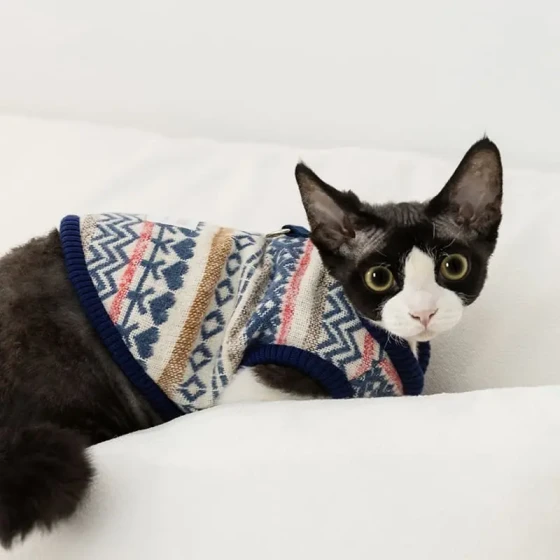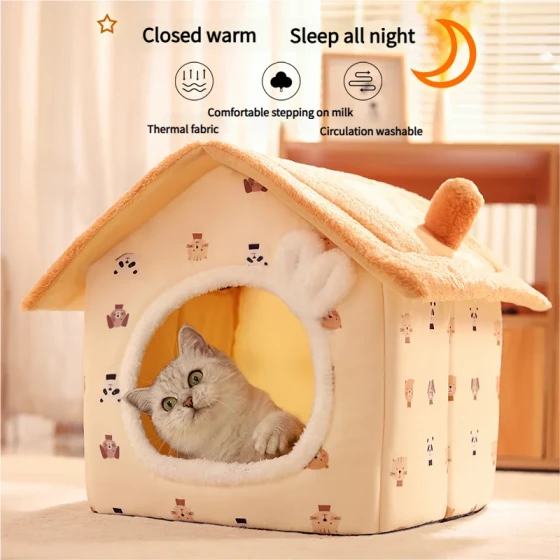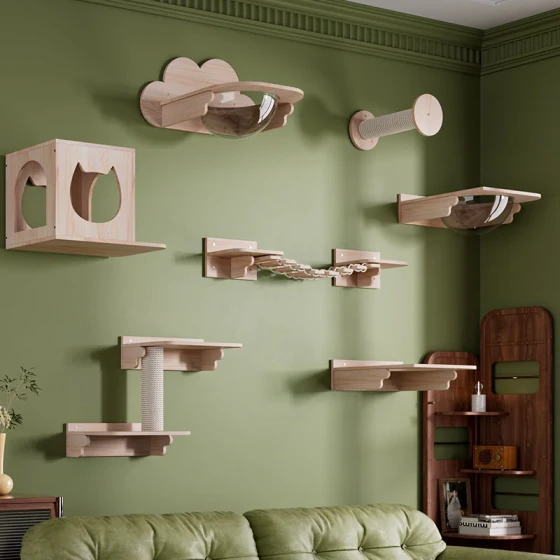Cat's Home Training

Tabby Cat
When first raising a cat, the cat will have many bad habits, such as urinating and defecating everywhere, irregular eating, poor hygiene, and so on. Bad habits can also cause some illnesses, so the owner needs to conduct home training for the cat. Home training can help the cat quickly integrate into the family and avoid becoming a burden, which is very necessary.
We often consciously or unconsciously train cats during feeding. Many cats will stand upright to receive food. Or when eating with people, they will obediently sit on the chair, etc. This is not a good phenomenon. Soon, owners will start to worry because the kitten will always come to ask for food, refuse to eat its own cat food, become more and more picky, and even ignore the full table of guests, like an undisciplined stray cat, jumping on the dining table to find its favorite food, causing the tableware to be messy in a short time, bringing embarrassment to the owner. Therefore, it is necessary to teach cats good eating rules from a young age: fixed time, fixed place, and fixed amount. Never give it human food. Cats must eat food specially designed and made for them, as human food is not entirely suitable for their nutrition and growth. Kittens aged three weeks to five months are awake almost all the time playing. This is the cutest and most interesting period. Whether accompanying it to play or just watching it play is fine. After five months old, their playfulness decreases but they still like to play frequently. Children's toys, such as building sets like Lego, may not be suitable for cats—some are too small, some have sharp edges, and some could be bitten into pieces and accidentally swallowed, which would be troublesome.
Regarding litter training, cat waste has a bad smell, and wild cats usually cover it with soil after defecating. Some cat owners choose sand or cat litter, and cat litter is better than sand in cleanliness and parasite prevention. Cats love cleanliness, and with proper training from a young age, they will develop a good habit of using a fixed place for urination and defecation.
We can also try to train cats to recognize their own names. When they are excited, often calling their names can help them remember their names easily, such as when petting, playing, or before feeding, which are good times to do so.
We can also implement a reward system for cats. For example, at the beginning, whenever the cat completes a simple action, it can be rewarded. As the training advances, the threshold for rewards should be raised, and when it completes more complex actions, give appropriate rewards, so that the effect of rewards can be fully utilized. Rewards include verbal praise, stroking the head or back, or giving food treats.
Proper training can make your cat more lovable and also protects the health of both the cat and ourselves. Of course, training methods should be emphasized, and one should not be too impatient. (Source:PetsZone)




